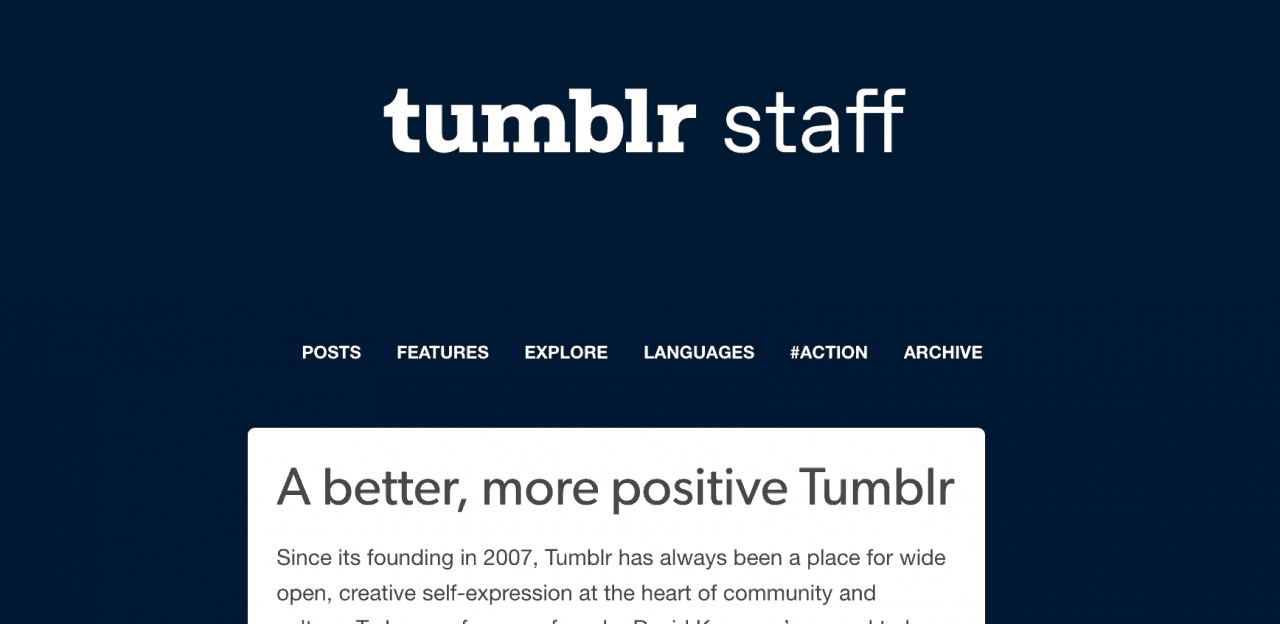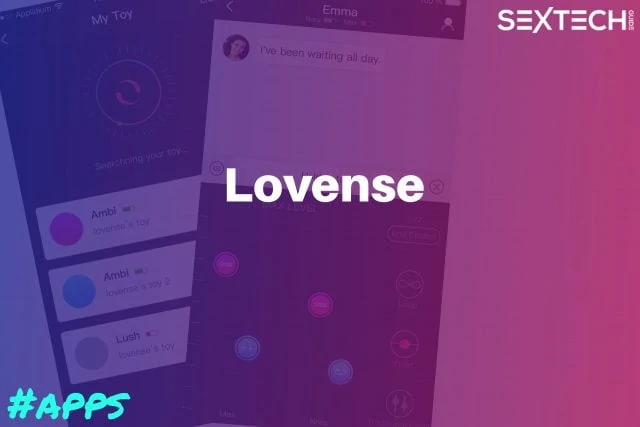Tumblr has announced posts containing adult content will no longer be allowed on its site after December 17.
Following its acquisition by Yahoo in 2013, CEO Marissa Mayer promised that “despite Yahoo’s family-friendly reputation, the company plans to ‘let Tumblr be Tumblr’ and not clean the blogging site of obscenity.”
Last year, Tumblr did an about-turn on adult content on its iOS app, but since November 16, 2018, it once again hasn’t been available to download on iOS devices. Apple’s App Store outright banned the microblogging site last month after images of the sexual abuse of children got past the site’s filters.
Obviously, content that is illegal has no place on the internet, let alone Tumblr. But banning all NSFW content in order to get Tumblr back on the App Store seems like a risky, knee-jerk reaction that, while trying to appease Apple’s restrictive stance on sex content, will lose Tumblr a huge proportion of its 558 million monthly visitors (a number that has sharply decreased since July 2018). However, from Yahoo investors’ point of view, Tumblr not being available on the App Store is understandably a cause for concern.
Tumblr CEO Jeff D’Onofrio wrote in a blog post this week that its staff has “given serious thought to who we want to be to our community moving forward and have been hard at work laying the foundation for a better Tumblr.”
There are some exceptions to the “no longer allowing adult content, including explicit sexual content and nudity” plan, according to a note posted on Tumblr’s Help Center in relation to D’Onofrio’s original post. While recognising that “Tumblr is a place to speak freely about topics like art, sex positivity, your relationships, your sexuality, and your personal journey”, the new guidelines on its community forum ban “exposed female-presenting nipples [except] in connection with breastfeeding, birth or after-birth moments, and health-related situations, such as post-mastectomy or gender confirmation surgery.”
So, essentially, non-sexual nipples are allowed (unlike Instagram, where there’s a total ban on posting photos featuring female nipples).
The note also says written erotica, “nudity related to political or newsworthy speech” and nudity depicted in art all remain safe to post.”
However, this is the not what lots of Tumblr users have been experiencing today, seeing lots of non-sexual content being unexpectedly flagged.
Case in point:
so I've just had a look through my archive to see what's been flagged and *entirely* predictably, Tumblr's new porn filter is working *very well* pic.twitter.com/rJomXdde0z
— Marie Le Conte (@youngvulgarian) December 4, 2018
tumblr why pic.twitter.com/ZUl13hmPAt
— Kinuko / 絹子 (@kinucakes) December 3, 2018
In 2015, Tumblr’s iOS users were given the option to filter or hide the site’s NSFW content by default. This was unusual for Apple – Steve Jobs famously said that “folks who want porn can buy an Android phone” – but a general rule of thumb for Apple is that NSFW content has to be able to be switched off by default, meaning you have to ‘opt-in’ if you want to see it.
While it wasn’t addressed in D’Onofrio’s post that the removal of NSFW content was triggered by Apple taking Tumblr off the App Store, it seems pretty likely.
But many sex workers in the adult community would argue that unlike other mainstream porn sites that exist solely on algorithms (and, frankly, are largely tailored to men), the user-generated community on Tumblr felt like a safe space for many sex bloggers, sex workers, cam girls and anyone wanting to have autonomy over the types of porn they watch.
Ysabel Gerrard, a lecturer at the Univeristy of Sheffield in the UK, who specialises in social media and society, told the Guardian: “In particular, it feels like a big middle finger to women, to sex workers, and to queer kids. It’s saying, ‘We don’t want you here.’”
https://twitter.com/YEVGEN1YA/status/1069867757250973697
In 2015, 20.53% of direct clicks to Tumblr’s desktop site were driven by adult content. According to TechCrunch, the next-largest referring category, “books and literature,” drove just 7.61% of clicks.
By bowing down to Apple’s strict stance on sex-related content, Tumblr may well have lost out on a huge proportion of its users. And those users will surely feel the loss of an inclusive and sex-positive online community that they helped to create in the first place.
Read Next: Huge technology companies are shaping your world, but muting your sex life






Leave a Reply